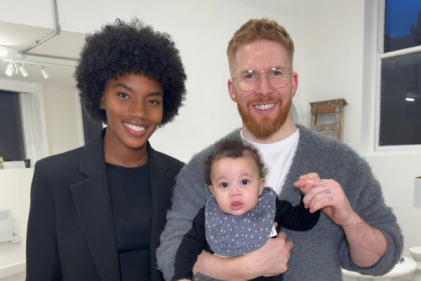As a baby, your child had no idea that you and she were two separate beings. Over time though, he or she has developed various skills and has become more confident and has figured out that he or she is an individual with their own body, feelings, and thoughts. This of course, means that from now on, they want to do things her way.
From the age of 12 to 18 months, your child now thinks for themselves, and will explore on their own. They will become somewhat adventurous and try certain things that they cannot follow through. When this happens, they might become scared or frustrated at not being able to do what they want to do. Although it might seem as if their efforts were for nothing, he or she is developing an identity.



